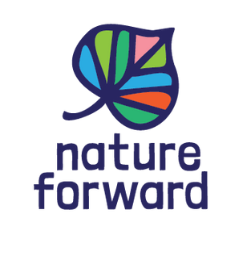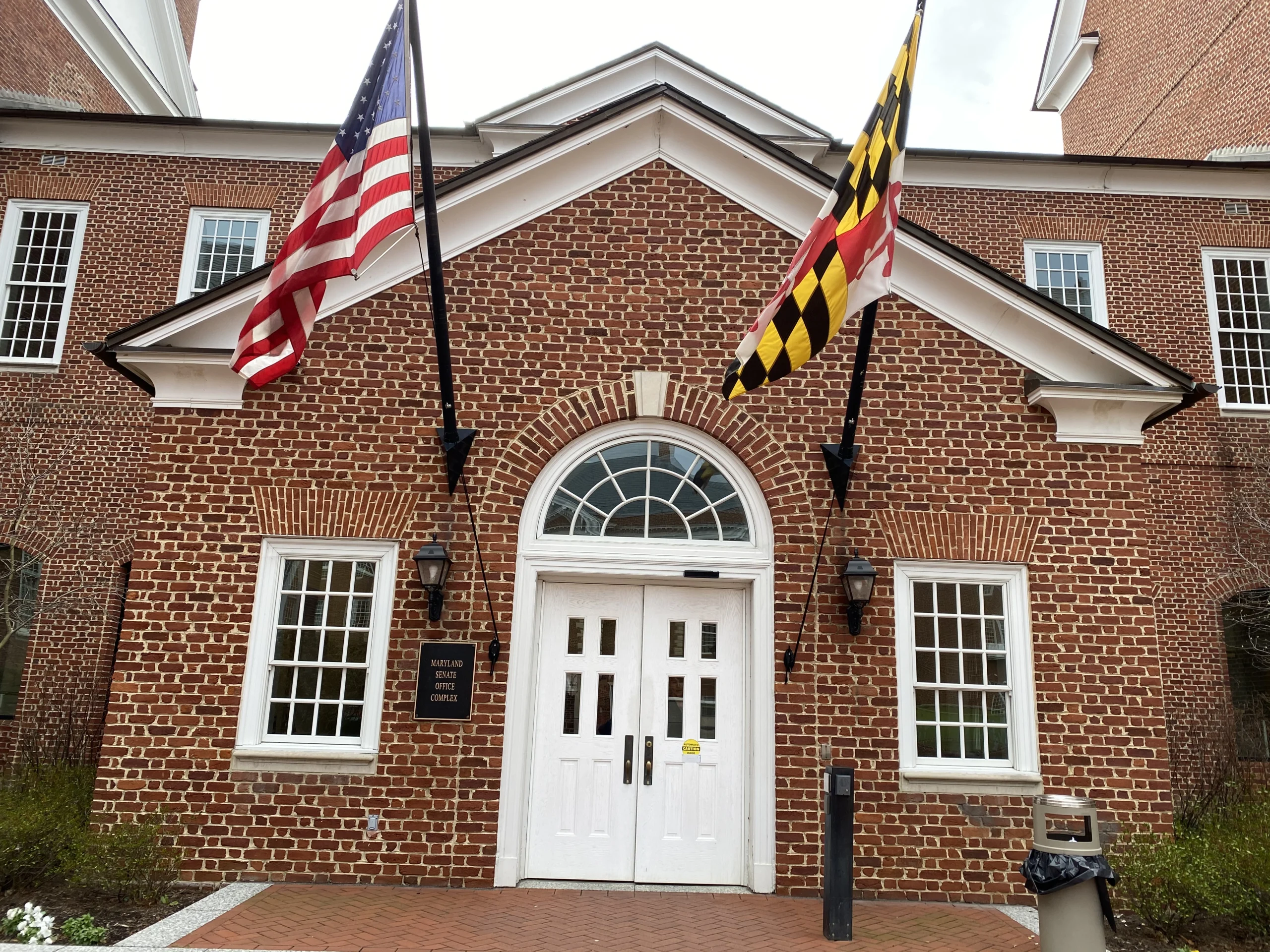4/3/23 Update: We are thrilled to report that all but one of priority bills have passed either house or senate chambers and are next lined up for final floor vote (SB0225 / HB449 has been withdrawn by sponsor). Scroll down and use the form at the bottom of this page to send a letter your states’ legislators and ask for their support on Nature Forward’s priority bills and get them passed in this year’s MD General Assembly.
3/17/23 Update: Monday March 20th marks this year’s Maryland General Assembly’s crossover date. This is the last date for a bill to pass out of the chamber it was introduced in and move across to the opposite chamber. Use the form at the bottom of this page to email your states’ legislators and ask for their support on Nature Forward’s priority bills and get them passed in this year’s MD General Assembly.
February 10th marked the 31st day of this year’s Maryland General Assembly, which was the last date for any Senate and House bills to be introduced (See full MDGA23 schedule here). Nature Forward staff, volunteers, and our partners in Annapolis (Like MD League of Conservation Voters) are tracking and testifying on key environmental bills ranging from forest protection, to banning PFAS, to creating more green spaces for people and pollinators. We have listed our top 2023 Maryland General Assembly legislative priorities below. We will continue to update this page as bills move through session.
You can TAKE ACTION NOW by using our simple form at the end of this post to send a letter to your MD state legislators telling them why it’s important to you that they pass (or oppose) one or more bills. Once you put your address into the form it will show you who your Delegates & Senator are. You can come back to this page throughout the session to get updates and send another message as bills pass or not.
SB526 / HB723 – Natural Resources – Forest Preservation and Retention
The purpose of the bill is to increase protection, retention and planting of trees and forests in Maryland, amending the current Maryland Forest Conservation Act requirements. This bill will:
- Protect and conserve more forested land and tree canopy in the state of Maryland.
- Provide local county governments significantly greater flexibility to pursue effective environmental solutions that meet our community needs and advance equity.
- Update forest protections to be in alignment with the latest scientific findings and recommendations from the Harry R. Hughes Center for Agro-Ecology of the University of Maryland Report.
SB923 / HB503 – Natural Resources – Greenspace Equity Program – Establishment
This bill would provide for grants through Program Open Space for acquisition of green spaces in underserved or overburdened communities, including parks, trails, green networks, community woodlands, community gathering open space areas and urban farms. Eligible recipients could include small land trusts and community nonprofit organizations as well as local governments.
Watch HB503 Environment and Transportation Committee hearing by following this link.
SB470 / HB631– Natural Resources – Land Conservation – Establishment of Goals and Programs (Maryland the Beautiful Act)
Also known as the 30×30 Act, this bill would mandate a conservation goal of 30% of Maryland lands by 2030.
SB0158 / HB 319 – PFAS Testing – Requirements
This bill will prohibit pesticides containing PFAS (Per- and polyfluoroalkyl substances) use against mosquitoes. PFAS have been linked to cancer and other adverse human health effects. One newly identified source of PFAS in the environment is the use of pesticides on crops. When used on crops, PFAS can remain in the harvested produce making their way to grocery stores for human consumption. Passing this bill would take a step forward to mitigate the environmental and public health risk of PFAS by pesticide use for mosquitoes.
SB92 / HB06 – Department of General Services – Energy–Conserving Standards (Maryland Sustainable Buildings Act of 2023)
To better protect birds against building collision mortality, HB06 would require all new, acquired, or renovated buildings receiving 51% or more Maryland state funding to follow new, updated standards for bird-friendly windows and shielded nighttime lighting. The bill would require window treatments and the shielding/minimizing of existing building lighting in State buildings from midnight to dawn between March 1-May 31, and August 1-October 31 (during spring and fall bird migration season), except where full building lighting is found to be necessary.
SB62 / HB62 Land Use – Public Service Companies – Pollinator-Friendly Vegetation Management
This legislation would limit the mowing done by public utilities under powerlines to create more pollinator habitats.
SB613 / HB908 Electricity – Community Solar Energy Generating Systems Program
Community solar projects can give renters and homeowners who can’t afford rooftop solar panels the financial benefits of solar and increase solar power generation on developed land, such as urban rooftops and parking canopies. Maryland has had a pilot community solar program since 2017. This bill would make it permanent and add two new improvements: 1) an option for consolidated billing, so that people could get one bill for their energy charges instead of two, making it easier for people who receive energy assistance programs to participate, as well as everyone else, and 2) a 40% set aside for low and moderate income households.
MD League of Conservation Voters fact sheet and action alert
SB19 / HB09 Equity in Transportation Sector – Guidelines and Analyses
This bill would require the State Department of Transportation to consider equity and environmental justice and to consult with communities when developing the state’s transportation plans, reports and goals and before cancelling or making major reductions to capital expansion and construction projects. This legislation passed both houses of the General Assembly last year, but former Governor Hogan vetoed it, too late for a veto override vote, so it is being reintroduced this year.
SB0225 / HB449 – Publicly Owned Treatment Works – PFAS Monitoring
NOTE: Bill Withdrawn by Sponsor
This bill will require monitoring and reporting of PFAS in discharge, influent and biosolids of sewage treatment system in Maryland. PFAS are released to the environment through industrial manufacturing and waste disposal of PFAS-containing products and are linked to cancer and other adverse human health effects. These chemicals make their way into sewage treatment systems but are not removed, instead passing through into discharge waters and biosolids. Biosolids are applied to agricultural lands, landfills or incinerators, which may further expose PFAS to humans and the environment. EPA is in progress to develop a risk assessment of PFAS in biosolids. Measuring PFAS discharge, influent and biosolids now will provide valuable data on the fate of PFAS in the sewage treatment system and historical data and trends to asses against the future EPA risk assessment.

